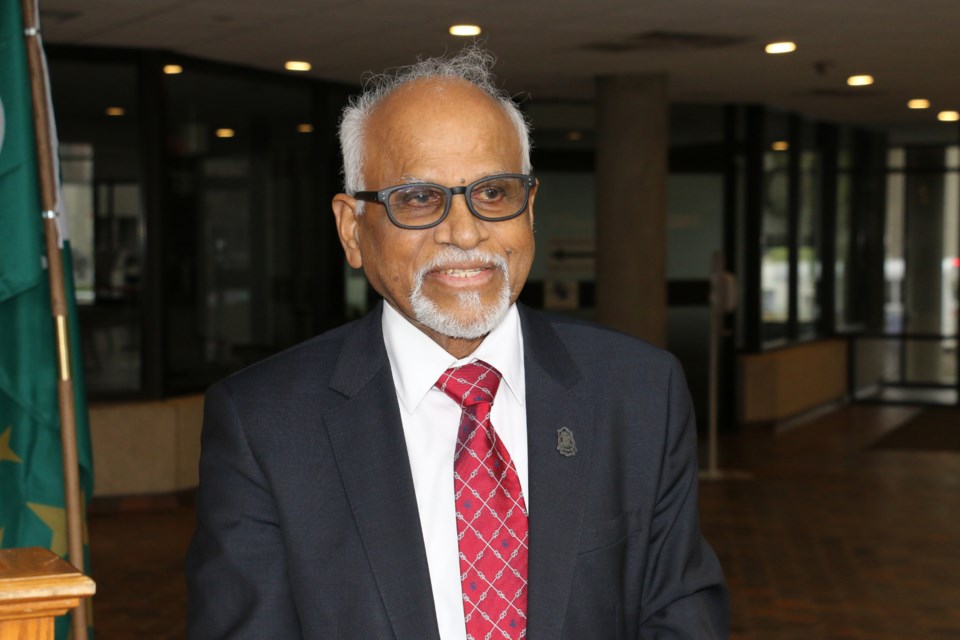A prominent Sudbury psychiatrist said he is pleased the federal government has put a pause on allowing people with a mental illness to seek Medical Assistance in Dying (MAiD).
On Feb. 1, the federal government introduced legislation that proposes an extension, until March 17, 2027, to the temporary exclusion of eligibility in circumstances where a person's sole underlying medical condition is a mental illness. The proposed legislation is now before Parliament.
The decision has prompted some Canadians to suggest that people with a debilitating mental illness are not being fairly treated when compared to a person suffering from a debilitating physical sickness.
Some mental health advocates have suggested that the intense anguish and suffering of some people with mental illness is comparable to the suffering of a person with a physical illness.
Dr. Rayuda Koka, the medical director of the Mental Health & Addictions Program at Health Sciences North, disagrees with that comparison.
He said if a mental health patient came to him seeking assistance in dying, he could not go along with it.
"In time patients might be desperate but I could not do that, to recommend MAiD," said Koka.
"We need to work on this more, we need much more research."
He said unlike a terminally ill cancer patient who might have terrible suffering and a foreseeable death, things can change and improve for a patient with a mental illness.
Koka said the use of certain drugs and other therapies can bring a mental health patient back to health over a period of time.
"And of course, we need more resources, more services available for people. Of course then the substance abuse comes into play here also. So many things, right? Family issues, psychological issues, social issues; all those things come into play. So we need to try and work on it more. Nobody wants anybody suffering forever."
Koka said there are not enough psychiatric services, or mental health services in Ontario to allow practitioners to be able to make a fully informed decision allowing a person with only a severe mental illness to be allowed to make a decision on dying.
Koka added that not all people who display suicidal behaviour are necessarily suicidal. He said there are many instances where desperate people can get help and then go on to continue living reasonably well.
What is needed, he said, is more funding and resources directed at mental illness from higher levels of government.
"Everybody says mental illness is a priority for everybody, right? But the money is not coming in as much as we need," said Koka. “Because you can imagine how much we have a problem with mental illness and substance abuse. They go hand in hand. Serious mental illness and substance abuse go hand in hand. We need more services available, so we need more funding to come through.”
Len Gillis covers health care and also the mining industry for Sudbury.com.
